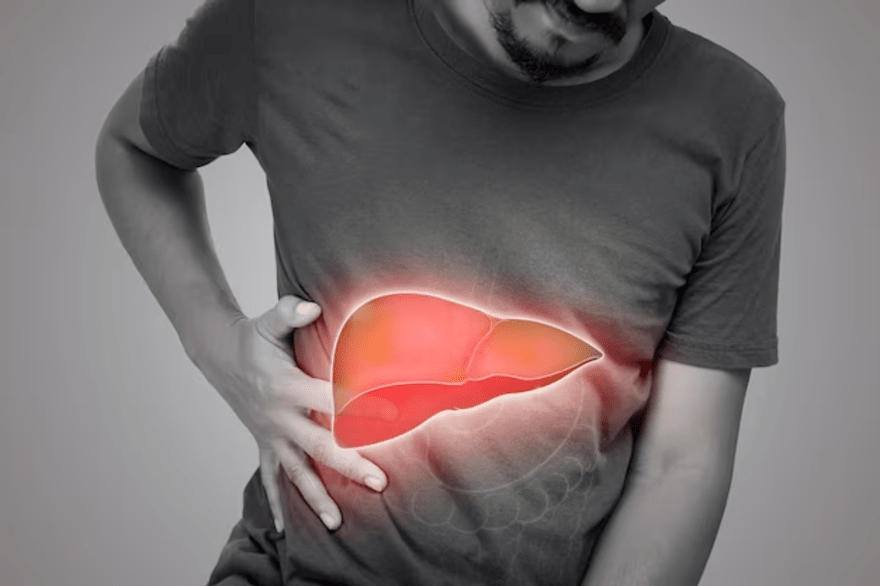Liver disease encompasses a broad spectrum of conditions that affect the liver’s structure and function, ranging from mild inflammation to severe scarring (cirrhosis) and liver failure. The treatment for liver disease depends on its underlying cause, severity, and the overall health of the patient.
Here are some of the most effective treatment options commonly employed:
- Lifestyle Modifications:
- Dietary Changes: A balanced diet low in salt, sugar, and saturated fats can help manage conditions like non-alcoholic fatty liver disease (NAFLD).
- Alcohol Abstinence: For alcohol-related liver disease, abstaining from alcohol is crucial to prevent further damage and potentially reverse early stages of liver disease.
2. Medications:
- Antiviral Medications: For viral hepatitis (such as hepatitis B and C), antiviral drugs can suppress the virus and prevent liver damage.
- Corticosteroids and Immunosuppressants: In autoimmune liver diseases like autoimmune hepatitis, these medications may help reduce inflammation and slow disease progression.
3. Surgical Interventions:
- Liver Transplant: In cases of advanced liver disease or failure, a liver transplant may be necessary. This involves replacing the diseased liver with a healthy liver from a donor.
4. Minimally Invasive Procedures:
- Transjugular Intrahepatic Portosystemic Shunt (TIPS): Used to relieve portal hypertension in cirrhosis by creating a shunt to redirect blood flow in the liver.
- Liver Biopsy: A diagnostic procedure to obtain a small sample of liver tissue for examination under a microscope, helping to determine the extent of liver damage and guide treatment decisions.
5. Management of Complications:
- Ascites and Edema: Treatment includes diuretics (water pills) and sodium restriction to manage fluid buildup in the abdomen and legs.
- Hepatic Encephalopathy: Medications and dietary adjustments are used to manage the buildup of toxins in the blood that affect brain function.
6. Supportive Care:
- Nutritional Support: Ensuring adequate nutrition is crucial, especially in advanced liver disease where malnutrition is common.
- Monitoring and Follow-Up: Regular monitoring of liver function tests and imaging studies helps track disease progression and response to treatment.
7. Preventive Measures:
- Vaccinations: Vaccination against hepatitis A and B can prevent viral hepatitis infections that can lead to liver damage.
- Avoidance of Toxins: Minimizing exposure to toxins and medications that can harm the liver, especially in individuals with pre-existing liver disease.
Each treatment plan is tailored to the individual patient, taking into account factors such as the specific type and stage of liver disease, overall health, and potential risks and benefits of each intervention. Early diagnosis and intervention are crucial in managing liver disease effectively and improving long-term outcomes. Regular consultation with a hepatologist or liver specialist is essential for optimal management and care.





Comments